In Polarized training, the majority of training stress occurs at low or high intensity, with little to no time spent at moderate intensity. It’s a hot topic in cycling, but it’s also the subject of widespread confusion and uncertainty.


In Polarized training, the majority of training stress occurs at low or high intensity, with little to no time spent at moderate intensity. It’s a hot topic in cycling, but it’s also the subject of widespread confusion and uncertainty.

Cycling is well-known for its health benefits, one of which is weight loss. But starting a weight loss program can be difficult, especially when managing a training schedule. Here are five tips to help you get started.
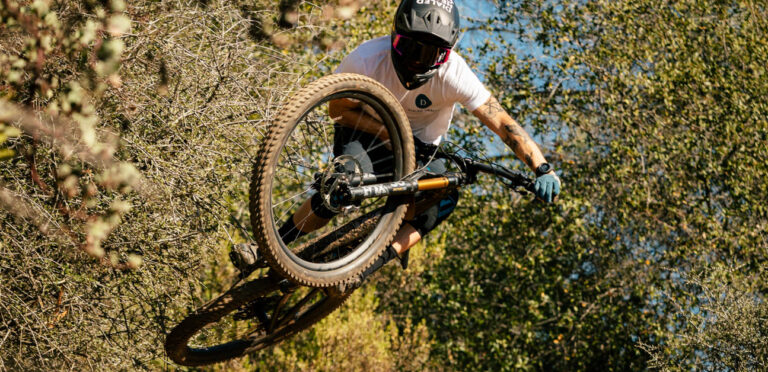
For Derek Teel, being fast means being strong. Derek is a former pro downhill racer and owner of Dialed Health, a strength training service for cyclists. Derek’s advice on getting stronger can make every athlete faster.

Some of the supplements recommended to endurance athletes are necessary to performance, while others offer only minor benefits. You can determine which ones are right for you with a look at your diet and an assessment of the pros and cons that come with each supplement.
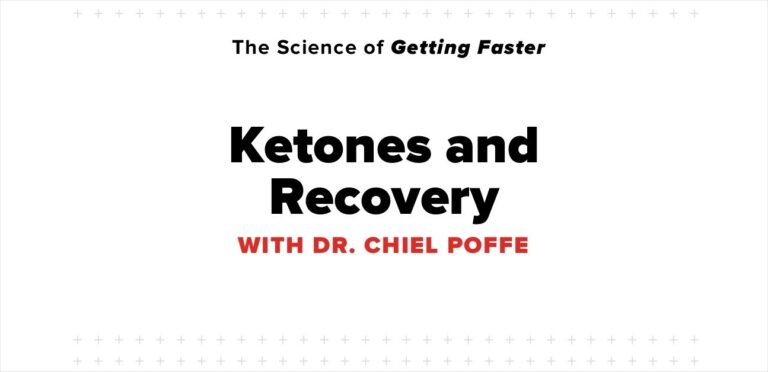
Exogenous ketone esters are a hot topic in cycling. In our second conversation with Dr. Chiel Poffe, we learn about his research into using ketone esters to benefit recovery from high-volume training.
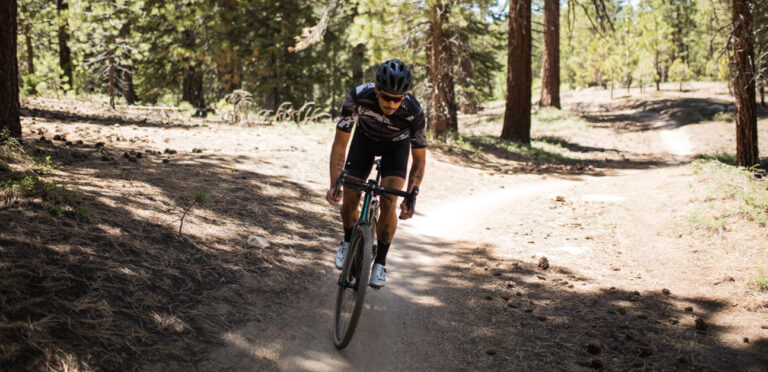
Power-to-weight ratio is one of the most important metrics in cycling, but it can also be a negative influence driving athletes to obsess over weight. Learn how it can help make you faster if used correctly.
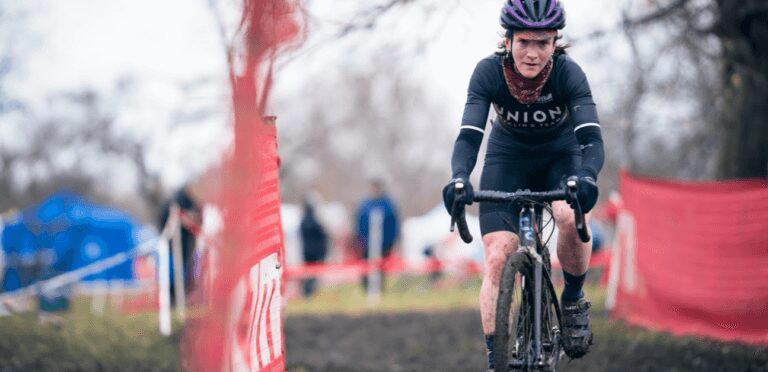
The flexible yet progressive structure of the low-volume training plan works with a variety of schedules and experience levels—making it the go to volume for many goal driven athletes. To help you get the most out of your low-volume plan here are five tips from TrainerRoad athletes who have used a low-volume training plan to get faster.

After more than 30 years racing bikes, professional strength coach Art O’Connor continues to push himself with new challenges. Learn how he used smart training to conquer a 21- hour race in extreme cold conditions.
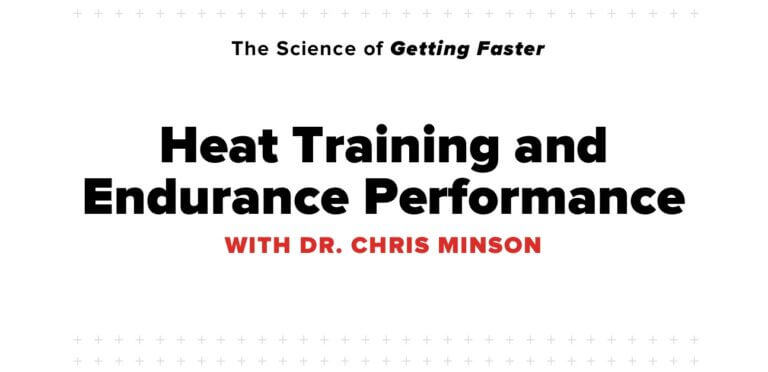
Heat adversely affects the body’s ability to do work, but strategic utilization of heat in a training regimen can facilitate performance increases. Dr. Chris Minson, one of the leading experts and researchers on this topic, explains how heat training can improve your performance and offers tips on how to prepare for events in hot conditions.

Power is the only truly objective way of assessing performance in cycling, but power meters and smart trainers are a luxury for many athletes. Find out how you can get the benefits of structured training without a power meter, and why this type of training can even benefit riders with access to expensive equipment.